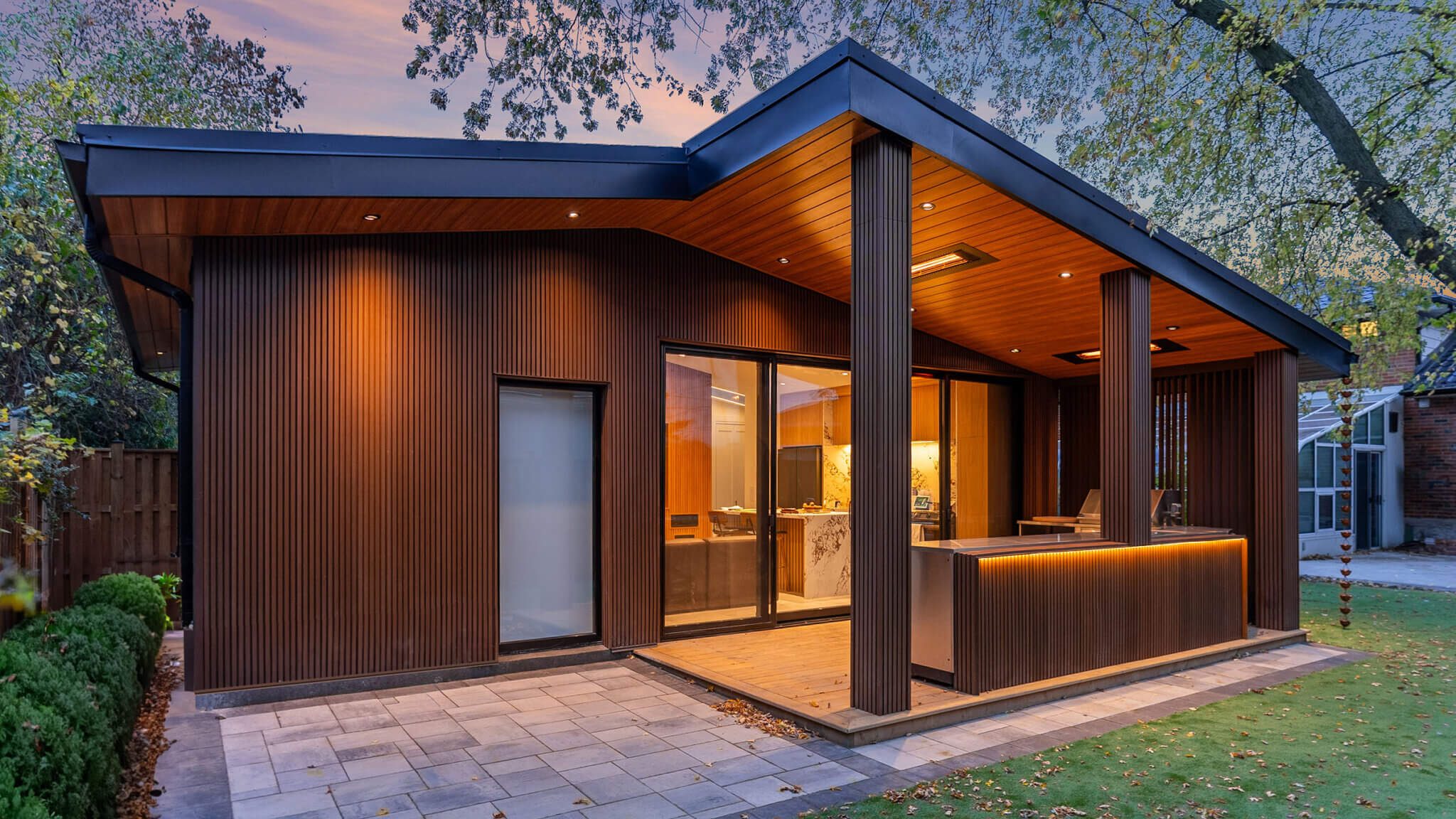Local News
6 garden suites built in Toronto since approval to address ‘missing middle’ housing

Only six garden suites have been built in Toronto since the city began to search for new ways to bolster the housing supply and address the “missing middle,” stats that industry experts are calling lacklustre.
According to the City of Toronto data, of the 244 total applications to build garden suites over the last two years, 114 are under review, 97 permits were issued, just 57 are under construction and just six have been completed in all of Toronto.
Matti Siemiatycki, the Director of the Infrastructure Institute at the University of Toronto, said these statistics are disappointing but overall not surprising.
“This is a lengthy and complicated process and you can see that playing out in the numbers of units that have been built so far,” said Siemiatycki. “It’s especially problematic because the missing middle, this infill type of housing fills a need in terms of ground-oriented housing.”
He added not many people have hundreds of thousands of dollars for extra buildings on their properties.
“When you think about how much one of these units costs… when you can think about the skilled trades that are necessary and the contractors, plus having to borrow, and the interest rates, most people don’t have this kind of money sitting around.”
That need for this kind of “gentle density” can be helped by laneway housing as well which was approved by the city in 2018. More and more laneway homes can be found through the back alleys where garages normally stand, but there are still less than 200 complete in Toronto.
Matt Hagen, an architect with Lanescape, which specializes in building garden suites, said they are still fairly new and hope that use of them will begin to pick up steam like laneway suites in the coming years.
“The thing with garden suites is they are more limited in terms of size compared to laneway suites, so they are more suited to personal use like for yourself or extended family whereas the size of laneway suites lend themselves more to rentals potentially,” explained Hagen.
He said he thinks not as many people know about the opportunity as well.
“The city really isn’t going to go out and advertise too much, I don’t think, with this. It’s more or less on the private sector so we’re doing our best to give free info sessions to homeowners. They can sign up on our websites, and we do those monthly to spread the word about the possibility of these.
“It’s also helping to add housing stock to the city and provide opportunities for people to stay in place and age with their families nearby so we’re pretty passionate about it,” Hagen added.
Siemiatycki said he believes it’s very important to continue pushing the value of garden suites.
“I think it’s super important and I think it’s also too early to say that this is a failure. You might see more of these units come online over time. You do see more in the pipeline. The industry will get better and more organized in terms of how they promote this type of development.”
A report is expected to be heard by the Planning and Housing Committee next week.












